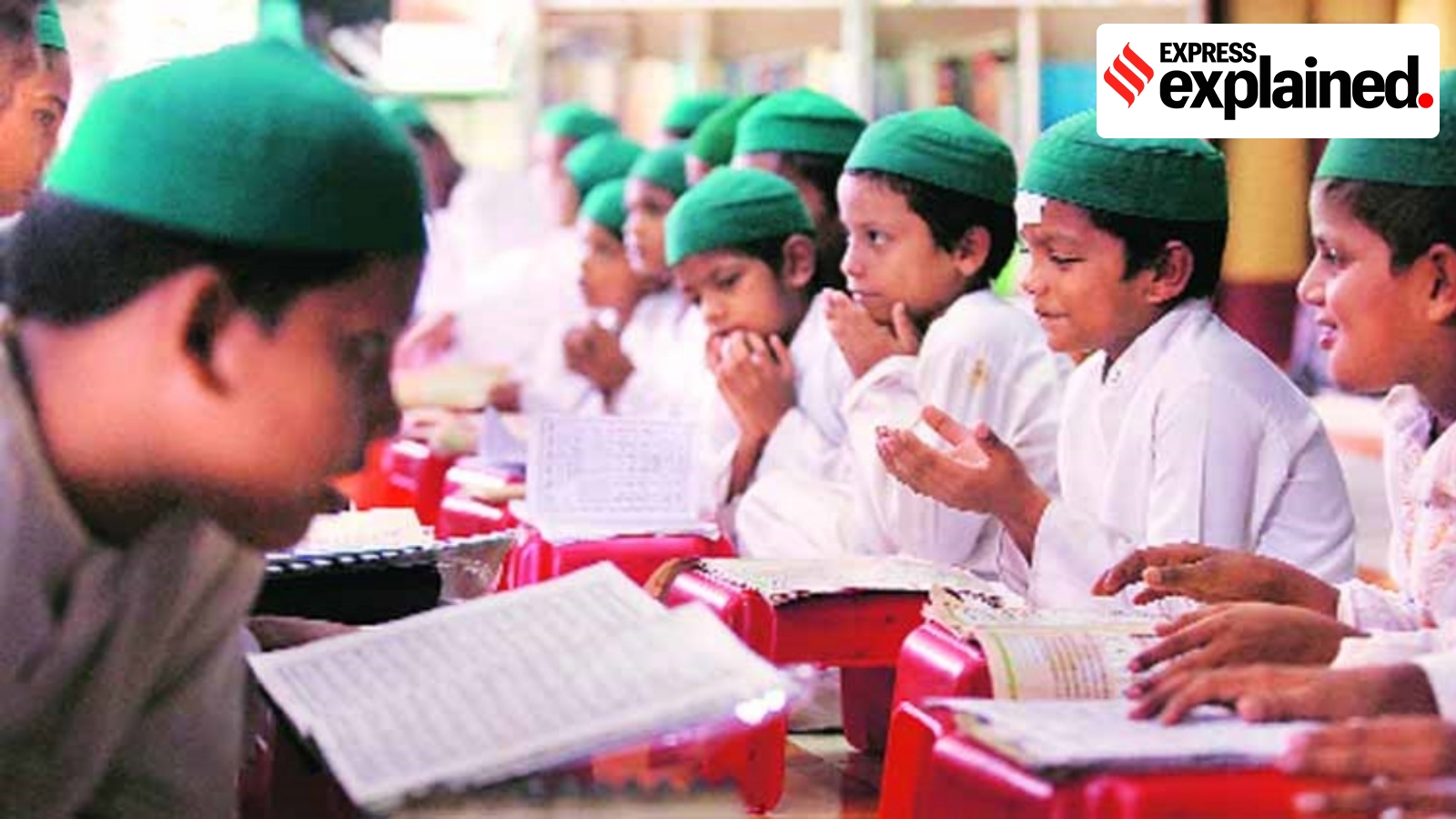One Country One Election: Empowering the Marginalised Voter
Democracy in point of fact comes alive thru social and political experiments with its electoral procedure. Within the early years of the Republic, elections to all 25 states have been held concurrently with the overall election. Alternatively, over the years, as states have been reorganised and governments fell, elections have been held yearly, hanging nice force at the state equipment and its sources. The One Country One Election (ONOE) proposal, which used to be licensed by way of the Union Cupboard this week, objectives to carry elections concurrently. Any such transfer will building up the political participation of Dalits and the marginalised. Their voices shall be heard extra obviously, making sure their presence in democratic governance. The ONOE plan may also be noticed as realising BR Ambedkar’s emphasis on social democracy.
The entire voter turnout in India’s first normal election in 1952 used to be 48.27 in keeping with cent. With marginal will increase in the previous couple of years, the turnout in 2009 used to be handiest 58.21 in keeping with cent. The plain loss of enthusiasm at the a part of citizens has been attributed to a number of elements reminiscent of coverage paralysis, disconnect of elected representatives from their constituencies, widespread fall of governments, political horse-trading, defections, and so forth. The loss of a collective awareness in response to shared political enjoy may end up in the onset of voter fatigue even regardless of lively engagement by way of the federal government. It is a downside of widespread elections, which has resulted in the devaluation of the poll field throughout all sectors. Freebies, alcohol or cash play a miles larger function than collective bargaining. By means of urgent reset at the election cycle, we could possibly regulate the declining application of the poll field and conquer voter fatigue, aligning native and regional building objectives with the ones of the country.
Elections play an important function in nationwide integration, now not handiest in relation to our politics but in addition in society. They lend a hand rationalise our technique to efficient governance by way of making an allowance for now not simply the rights of the bulk but in addition the aspirations of the marginalised and minorities. With ONOE, we will be able to be again to the cycle of 1952, however this should be accompanied by way of structural adjustments to verify the sanctity and belief of the electoral procedure in addition to other people’s participation. Common elections have confirmed to be a monetary burden on smaller regional events, which focal point basically at the problems with the marginalised. With this transfer, we will be able to see their larger participation now not handiest in state elections but in addition on the nationwide stage because of environment friendly useful resource control.
Maximum migrant employees throughout India come from marginalised communities or sections. The federal government should make sure that they can take part within the electoral procedure. This can also be accomplished thru a number of projects, reminiscent of multi-location balloting, permitting a Dalit migrant from Odisha to vote for his house constituency whilst running in a manufacturing facility in Haryana. Participation of migrant employees within the balloting procedure should be ensured with out hampering their paintings. Electorate hired in non-public factories and workshops must be able of both postal poll or multi-location balloting or obligatory depart for balloting, together with their go back and forth time. Extra election particular trains must even be regarded as to move other people to their designated polling space with diminished fares or entire exemption. Enabling native ASHA centres, schools and universities and SHG centres as convergence polling stations, bringing citizens to polling cubicles as an alternative of polling cubicles, will be sure that larger participation and wider acceptance of the federal government and its insurance policies.
A unmarried election cycle will put an tool of alternate within the palms of marginalised citizens that used to be misplaced within the chaos of the continual cycle of balloting and campaigning. Elections in India are an emblem of social alternate and the federal government should benefit from this chance to verify get entry to to balloting thru lively participation that may lend a hand fortify civic engagement, instill a way of social and political belonging and deepen democratic values.
The writer is Assistant Professor of Sociology, Laxmibai School, College of Delhi
Supply hyperlink
#Country #Election #Empowering #Marginalised #Voter





